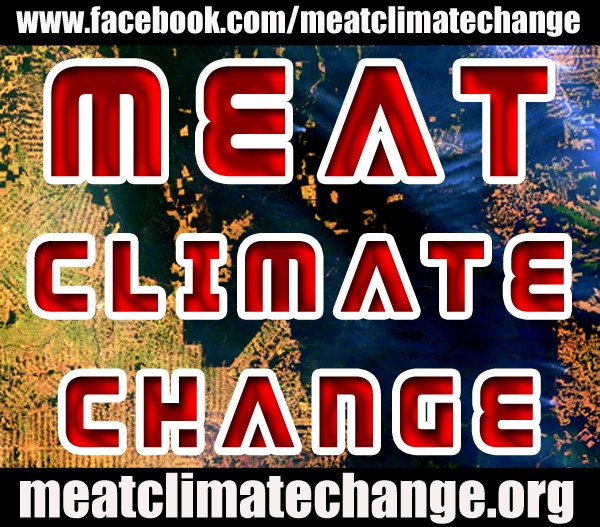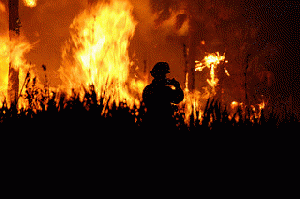Like the 20 other climate summits before it, the COP21 talks in Paris are not focused on reducing the main causes of GHG and climate change. And developing countries, or those in the global South, are set to lose more.
The parameters of climate talks have been set a long time ago by global warming largest perpetrators - developed countries in the global North. As a result, the main polluters and those with the largest footprints of man-made greenhouse gas (GHG) are being lightly taxed, and even given a free ride.
One useful analogy is to consider the global North as climate arsonists, and the global South as early innocent victims of their fire. Ironically, as the fire rages on, neither party is looking for water or trying to put it out. In fact, the opposing parties are arguing over how much more gasoline each can pour on the fire, or the amount of fossil fuel they can burn in the future. For example, India, Australia and other countries want to massively expand coal production, while the US is set to role back pledges for emission cuts in the Clean Air Act.
The climate change problem is largely due to over-consumption in the global North. And, intake of animal products is a huge part of the North's over-sized GHG footprint. The global South have a fraction of the footprint of the global North, and should focus on forcing developed countries to tax over-consumption. The global South have legal and moral standing, but the heated debates at the climate talks are not over how to stop or reverse global warming, that is, putting out the fire, but over injury compensation for future victims. Putting out the raging fire in the global North would eliminate the South's need to fight for compensation.
Remarkably, the world's government leaders, and many climate groups, have omitted diet, over-consumption from the COP climate agenda. Also absent are the planet's two leading carbon sinks - soils and oceans. Reducing over-consumption and expanding carbon sinks is putting water on the climate change fire.
Livestock production is the leading cause of deforestation, but as countries file their climate change pledges, animal products will not be on the GHG reduction list. Neither will marine life. About 1% of the oceans' plankton dies annually from ocean acidification, which is mostly caused by high carbon pollution from industrial agribusiness.
Phytoplankton stocks have decreased by 40 percent since 1950. This astonishing collapse may have dramatic consequences both for the oceans and for humans. Two out of every three breaths we take come via phytoplankton. Phytoplankton absorbs a huge amounts of CO2 each year, so the disappearance of these microscopic organisms could further accelerate warming.
A 2015 Chatham House report found consumption of animal products is a major driver of climate change. And reducing global meat consumption will be critical to keeping global warming below the 'danger level' of two degrees Celsius, the main goal of Paris climate negotiations. Yet, diets and over-consumption taxes are not on the COP21 agenda.
Global meat consumption has already reached unhealthy levels, and is on the rise. In the global North, the average person is already eating twice as much meat as is deemed healthy by experts. Over-consumption is already contributing to the rise of obesity and non-communicable diseases like cancer and type-2 diabetes, and it is a growing problem. Alarmingly, global animal product consumption is set to rise by over 75 percent by 2050.
Baked in climate change may cause millions of children in the global South to die from malnutrition, heat stress, disease, and extreme weather. Further over-consumption in the global North directly threatens the lives of millions more. The focus of climate talks must be on binding targets for drastically reducing the global North's footprints, and harsh economic penalties for failure to do so.
This is akin to bringing the main climate arsonists to justice and fining them heavily until they stop their criminal behavior. Instead, the victims are simply imposing minor fines and allowing the criminals to continue their devastation. This sets a dangerous precedent for would-be arsonists in the global South, and legitimizes rather than criminalizes the crime of over-consumption.
Energy consumption and transportation are important GHG sources, but relying primarily on solar, wind and hybrids as the solutions to climate change, and ignoring over-consumption, carbon sinks and oxygen re-generation, is a path toward climate disaster. Children in the global South will be sacrificial victims, and early warning signs, of the out-of-control fire we are unwisely fueling.






